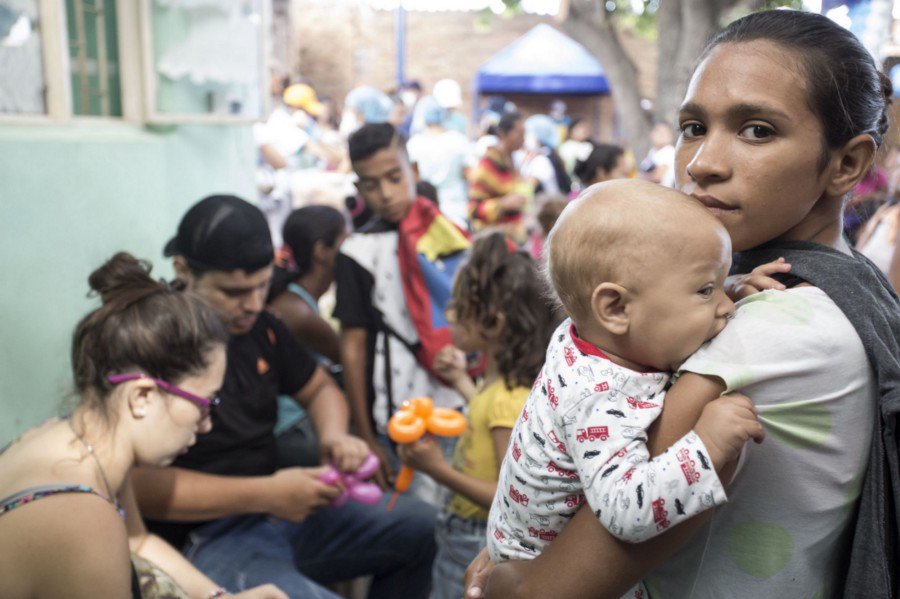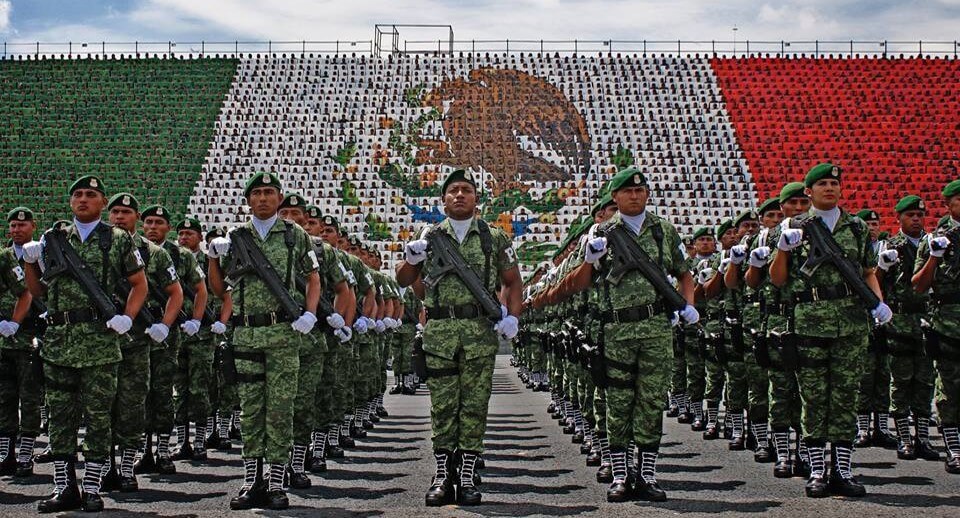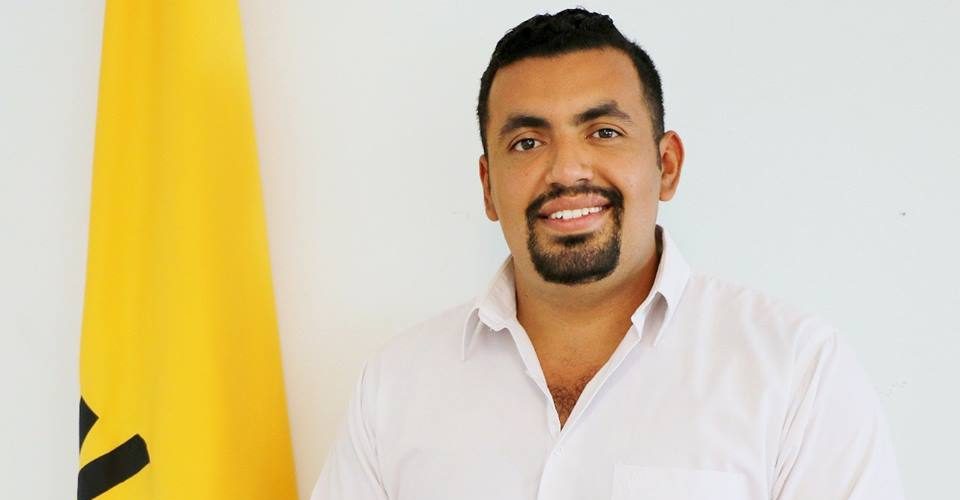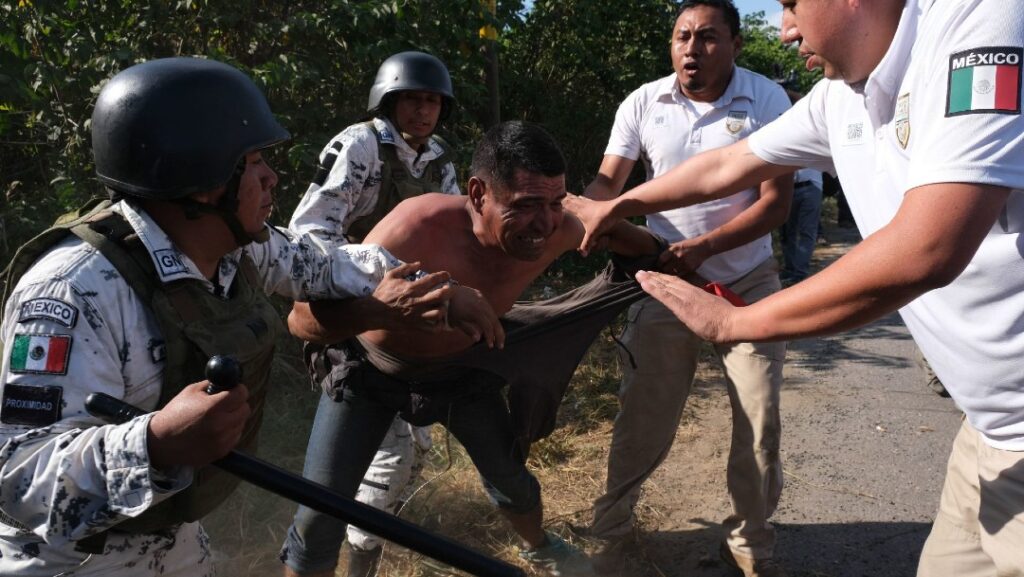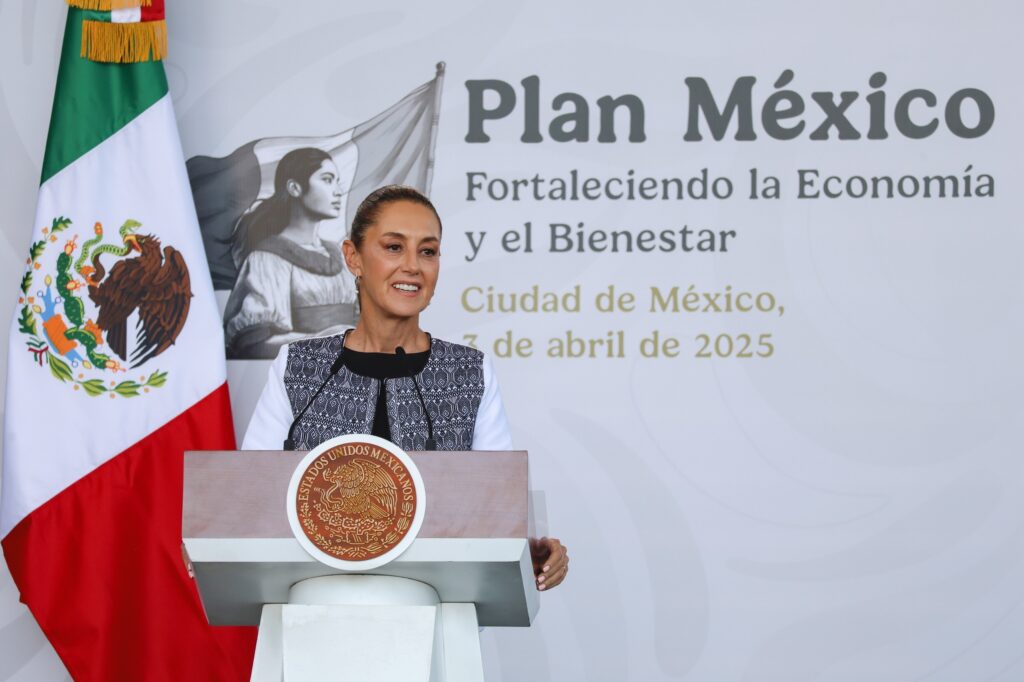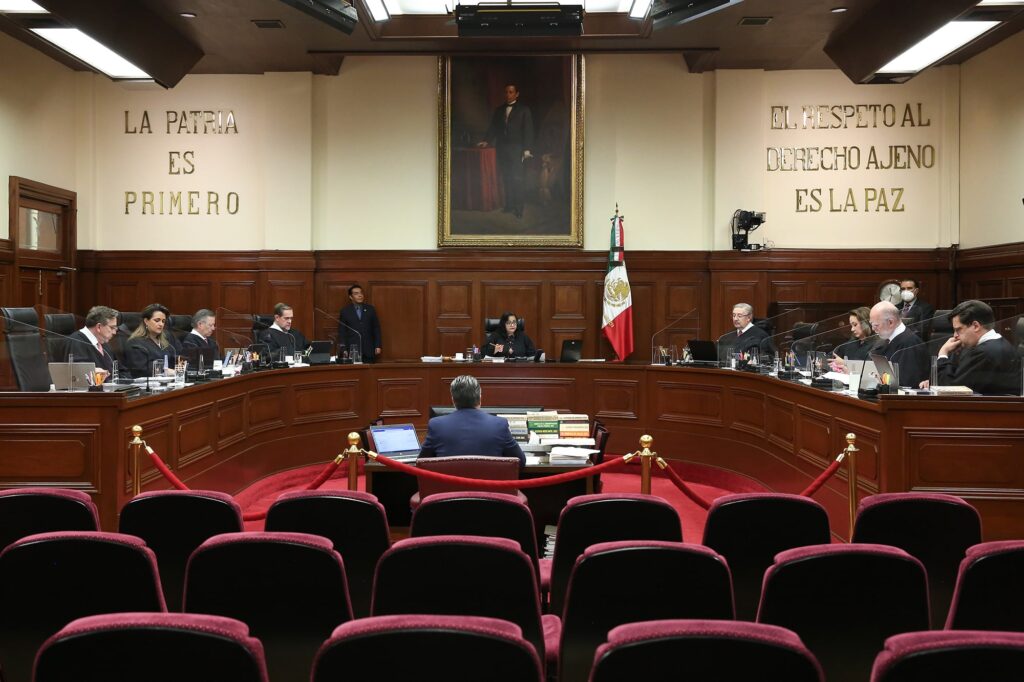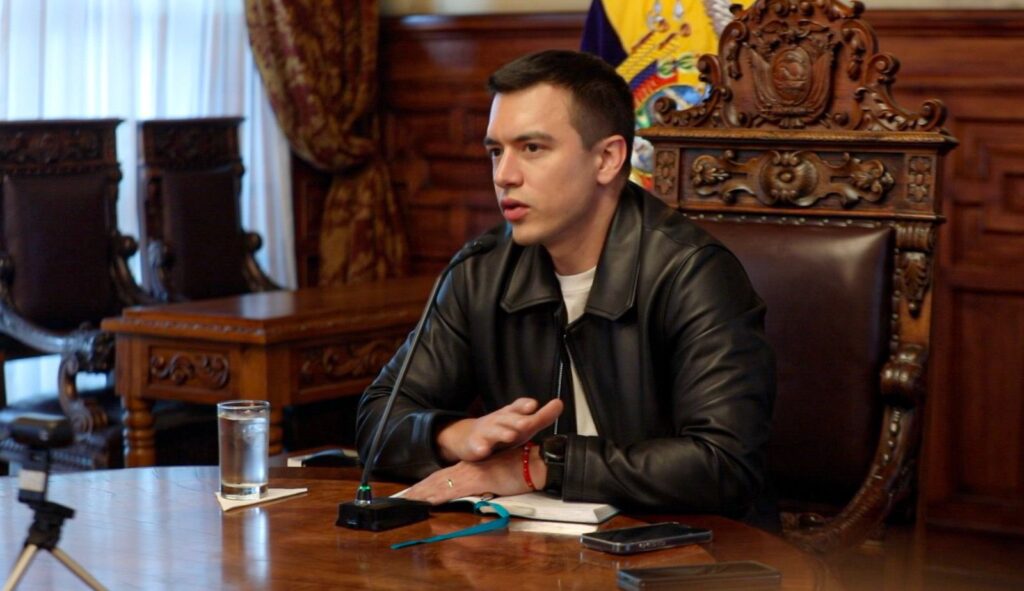As a member of the Lima Group, Mexico has become one of ten countries across the Americas to reject the suggestion of using military force to stop Venezuela’s economic crisis. According to a press release from the Mexican government, the Lima Group ”reaffirm their commitment to contribute to the restoration of democracy in Venezuela and to overcoming the serious political, economic, social and humanitarian crisis that crosses that country, through a peaceful and negotiated exit.”
Mexico is joined by Argentina, Brazil, Costa Rica, Chile, Guatemala, Honduras, Mexico, Paraguay, Peru and Saint Lucia who have all similarly condemned the use of military force against Maduro’s government. They are part of a total of 14 countries who formed the Lima Group in August of last year in a bid to resolve the Venezuelan crisis.
The 10 rejectees also continued to state that, ‘‘they urge the Venezuelan regime to put an end to human rights violations, to free political prisoners, to respect the autonomy of the powers of the State and to assume their responsibility for the serious crisis that Venezuela is experiencing today.’’
The statements came in response to a message delivered by the Organisation of American States (OAS) which suggested that military action could be taken against Venezuela, 10 governments have since come forward to refuse to participate in a military intervention.
At this point, it remains unclear how the other four countries that are part of the Lima group, Canada, Panama, Colombia and Guyana, have chosen to respond.
This Monday’s rejection of director Luis Almagro’s military proposals have continued to raise tensions between the OAS and the Lima Group. In the meantime, Venezuela’s crisis continues in full stead amidst reports that Venezuelan classrooms are nearly empty and new polls suggest that 30% of the remaining population eat just once a day. The current reality for Venezuela, ridden by an 85% poverty rate, political turmoil as well as food and medical shortages is that the historic amount of people choosing to leave in fear of their lives is merely set to balloon despite a series of border restrictions that have recently cropped up in their path.
The new statements came in response to Almagro’s speech on Friday which left a question mark hanging over the use of military power. According to Al Jazeera, the leader’s message suggested that only a restoration of a democratic system within Venezuela would offer a solution to the ongoing crisis. He continued to point out that the Venezuelan president Nicolas Maduro and his government are orchestrating crimes against humanity, leading to the claim, ‘‘diplomacy remains the first option but we can’t exclude any action.” The statements contradict the leader’s former approach to the Dominican Republic, when he refused to oust a democratically elected leader there.
Since the announcement, heads of state have also come forward to personally condemn the idea of military intervention such as Evo Morales of Bolivia.
https://twitter.com/evoespueblo/status/1041838696868274176
The condemnation of military aggression against the democratically-elected Venezuelan leader, and essentially a refusal to plunge the South American continent into a conflict that could jeopardize the well-being of Venezuelan citizens even further leaves the question of what solution could actually work.
Mexico has often welcomed a large sector of migrants and asylum seekers to their country. Some of them, fleeing violence in Central America as well as Venezuela, aim to make it to the United States, however, increasing ‘zero tolerance’ policies mean many remain stuck south of the U.S border. In recent years, Latin America’s migration has grown to encompass Venezuela’s humanitarian crisis and Mexico is just one of a number of countries that have continued to accept cases of asylum seekers coming from South America. Increasing border issues, however, have continuously placed a strain on Mexican authorities much like that faced across neighbouring countries who too are struggling with the influx of migrants.
Dogged by hyperinflation that has seen Venezuela’s currency drop in value by 99.9%, a government that is refusing to provide citizens with the passports they need to leave, and an ongoing desperation that has seen an exodus of some 2.3 million people in the past five years, the South American continent is facing a humanitarian crisis in which no country can be devoid of participation. The question remains what leverage can be used to actually push the Venezuelan government into action.


